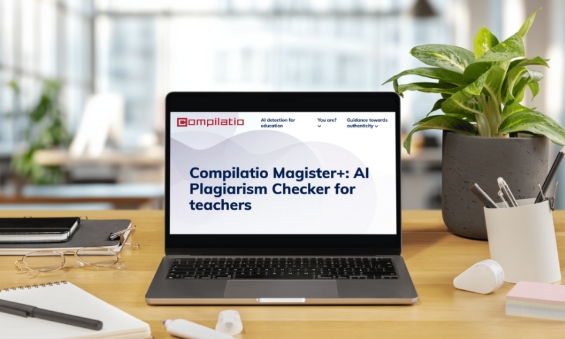In today’s fast-paced digital world, the advancement of artificial intelligence (AI) has transformed numerous industries, making it essential to stay informed and prepared. One crucial aspect of this technological evolution is the “AI check,” which ensures that AI systems operate transparently, ethically, and effectively. Understanding what an AI check entails and its significance can empower businesses and individuals to leverage AI responsibly.
Understanding AI Checks
AI checks refer to the processes and assessments used to evaluate the effectiveness and fairness of AI systems. These checks can include audits that review algorithms for bias, transparency, and accountability. As AI becomes more integrated into decision-making across various sectors—from healthcare to finance—it is vital to ensure that these systems do not perpetuate inequalities or mistakes. Undertaking regular AI checks not only safeguards users but also builds trust and credibility in AI applications.
The Importance of Transparency
Transparency is a cornerstone of an effective AI check. When users understand how an AI system makes decisions, they are more likely to trust its outputs. Transparent algorithms allow for better scrutiny and provide insight into the rationale behind AI-generated decisions. For example, in healthcare, knowing how an AI diagnostic tool arrives at its conclusions helps medical professionals trust and effectively use those tools in patient care. Moreover, regulations are increasingly seeking to enforce transparency, making it imperative for organizations to adopt clear practices in their AI engagements.
Mitigating Bias in AI
Bias in AI is a significant concern that can lead to unintended consequences, such as discrimination or inaccurate outcomes. AI checks play a critical role in identifying and mitigating bias in algorithms. By evaluating the data sets used to train AI models, organizations can ensure that diverse populations are represented and that the models are not skewed towards certain demographics. Regular audits can help identify biases and allow for adjustments in both the data and the algorithms, fostering more equitable and accurate AI applications.
The Future of AI Checks
As AI technologies continue to evolve, the approach to AI checks will also develop. Future safeguards may involve more advanced techniques, including machine learning-based audits that can dynamically assess AI systems for bias and transparency. The rise of ethical AI frameworks will further underscore the importance of embedding checks into the AI development lifecycle. Organizations should stay ahead by investing in AI literacy, ensuring teams are trained to implement these checks effectively, and adapting to new regulatory standards.
In conclusion, the importance of AI checks cannot be overstated. They are essential for promoting transparency, mitigating bias, and fostering trust in AI systems. As AI continues to shape our lives, understanding and implementing robust AI check practices should be a priority for everyone. Embrace the future of AI wisely—learn more about AI checks and how they can benefit you or your organization today!

